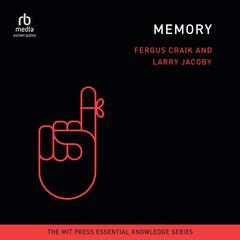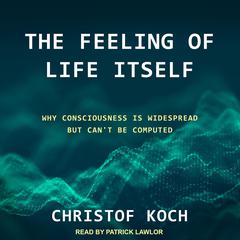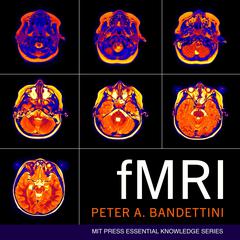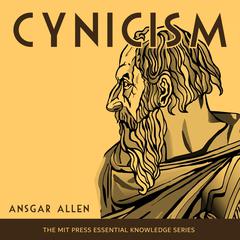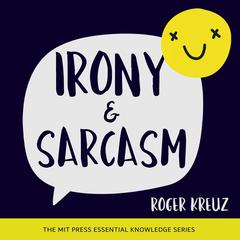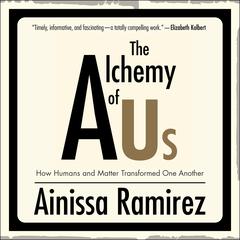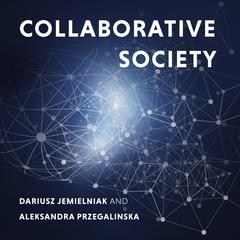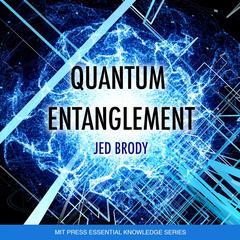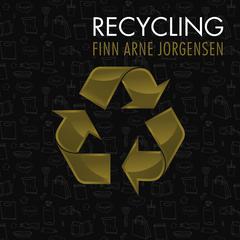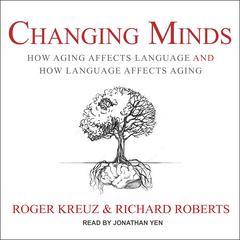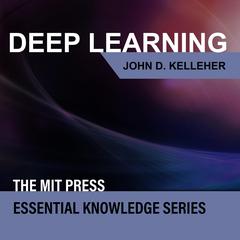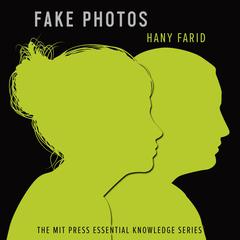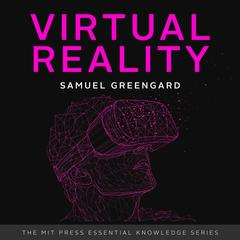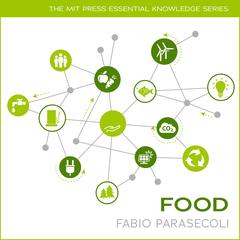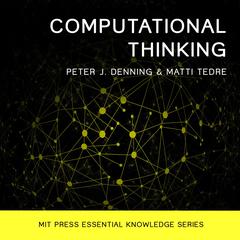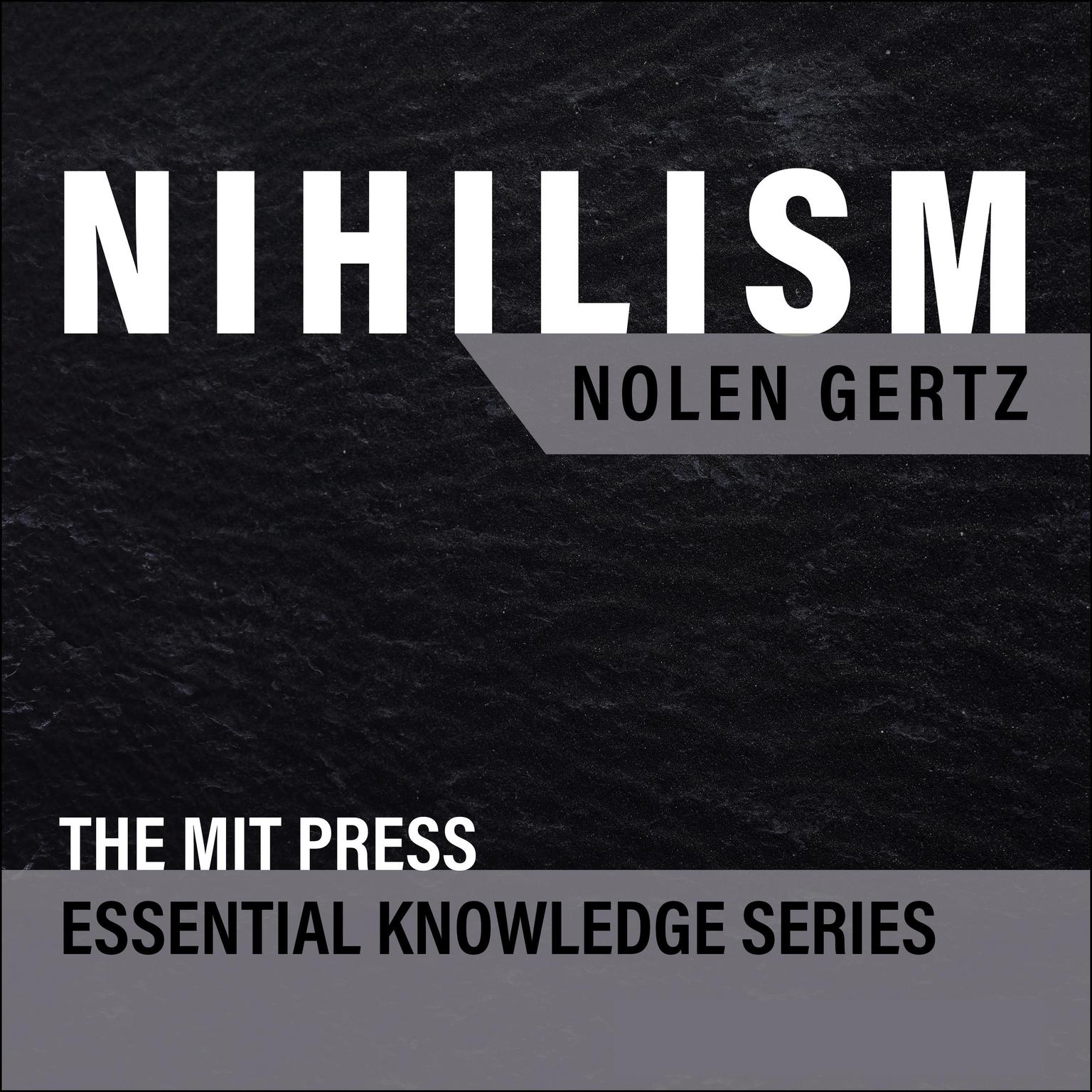 Play Audiobook Sample
Play Audiobook Sample
Nihilism Audiobook
 Play Audiobook Sample
Play Audiobook Sample
Quick Stats About this Audiobook
Total Audiobook Chapters:
Longest Chapter Length:
Shortest Chapter Length:
Average Chapter Length:
Audiobooks by this Author:
Publisher Description
When someone is labeled a nihilist, it's not usually meant as a compliment. Most of us associate nihilism with destructiveness and violence. Nihilism means, literally, "an ideology of nothing." Is nihilism, then, believing in nothing? Or is it the belief that life is nothing? Or the belief that the beliefs we have amount to nothing? If we can learn to recognize the many varieties of nihilism, Nolen Gertz writes, then we can learn to distinguish what is meaningful from what is meaningless. In this addition to the MIT Press Essential Knowledge series, Gertz traces the history of nihilism in Western philosophy from Socrates through Hannah Arendt and Jean-Paul Sartre.
Although the term "nihilism" was first used by Friedrich Jacobi to criticize the philosophy of Immanuel Kant, Gertz shows that the concept can illuminate the thinking of Socrates, Descartes, and others. It is Nietzsche, however, who is most associated with nihilism, and Gertz focuses on Nietzsche's thought. Gertz goes on to consider what is not nihilism—pessimism, cynicism, and apathy—and why; he explores theories of nihilism; he considers nihilism as a way of understanding aspects of everyday life; and he reflects on the future of nihilism. We need to understand nihilism not only from an individual perspective, Gertz tells us, but also from a political one.
Download and start listening now!
Nihilism Listener Reviews
Be the first to write a review about this audiobook!
About Shaun Grindell
Shaun Grindell, actor and Earphones Award–winning narrator, was born and raised in Southampton, England. His training includes the Calland School of Speech and Drama and the Lee Strasberg Theatre and Film Institute in London. He has been seen on stage in London and Las Vegas.




